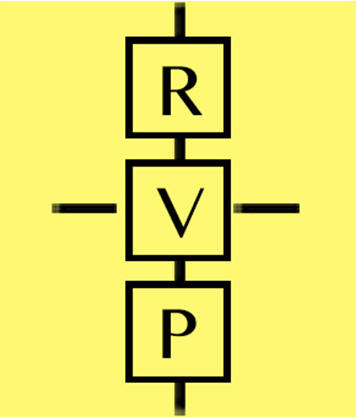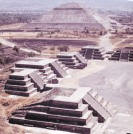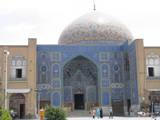|
AN INVITATION
THE ANNUAL SEMINAR
Civil
Society and Social
Reconstruction
September 5 -
November 10, 1995
Washington, D.C.
The
Problem
On approaching
the new century, we learn daily how deeply we have been
conditioned by the extremes of the last 50 years. As
with any war, it worked in two directions. In vast
regions one ideology, in order to affirm the totality,
laid waste to all intermediate levels of association,
reducing people to anonymous masses. In reaction,
contrary ideologies so stressed individual autonomy and
rights as progressively to dissolve the bonds of
community, neighborhood, and even family, thereby
projecting ever greater responsibilities upon the state.
Whether out of allegiance to the state or to the
individual, to the whole or to the part, there emerged a
world of faceless communes and lonely crowds
overshadowed by an equally faceless but increasingly
autocratic and bureaucratic state.
Upon reflection it is not so surprising that the new
initiatives since '89 have generated new problems. But
it is truly frightening to find that the responses
reflect a return to old solutions. This does violence to
the emerging personalist aspirations and threatens to
compound the tragedies of the XXth century in the next.
On one level, a reductivist focus on individual rights
tends to sweep away shared traditional standards of
human decency and with them the social bonding they
reflect. As a result new market expressions of
individual initiative give rise to irresponsible greed
and corruption. Instead of working to develop a moral
sense proportionate to the new acquired freedom,
however, the technology of government control is
expanded. Hence, individual corruption threatens
ultimately to be extrapolated into a battle of
commercial interests at the national level where
corruption is joined power to trammel humans and their
needs.
On another level,
new affirmations of the ethnic or national identity of
peoples are responded to, not with a creative
integration of diversity, but with means ranging from
legal restrictions on the liberties of all to ruthless
military suppression. Both these approaches lead back to
a world divided between explored masses and an ever more
powerfully autocratic or dictatorial state.
The Challenge
This creates an
urgent need for now a new examination of what has been
termed "civil society": it is social rather than
individual, for it is the more immediate context
required for personal growth, interaction and
fulfillment. It is civil, rather than state, to suggest
its personal and humanizing character. It goes beyond
any one dimension -- economic, educational, or religious
-- but by including all of these is concerned to provide
the integrated context without which none of them could
truly thrive.
This complements in an essential manner the two great
awakenings of our times regarding, namely, the dignity
of the person and the importance of human solidarity. In
order for these to be implemented, that is, for personal
dignity to be exercised in society and for this to be
personal in character, subsidiarity is required as a
third and integrating element.
This means,
first, a reconstition of the structures of association
and cooperation which implement human solidarity and
cooperation. In each field -- neighborhood, education,
health, business and religion -- the forms of
interpersonal social life must be rearticulated and
promoted.
Second, in contrast to a rationalist and univocal
ordering of all according to a masterplan imposed from
above, these patterns of human community must define
from below their natural hierarchy and interaction. In
this the key factors will be the concrete spatial and
temporal character of human needs and the practical,
cultural and religious patterns of human interests.
Indeed, modes of concrete personal cooperation would
seem to emerge less from massive ideologies, than from
concrete needs. If so, the needy, long pressed by the
exigencies of daily survival under harsh and oppressive
economic or political pressures, may have much to share
regarding non formal structures and the working of civil
society.
This seminar will
bring together representatives of different regions and
multiple disciplines in an attempt to rediscover the
nature of civil society and the structures, order and
dynamics of subsidiarity which this implies.
|







